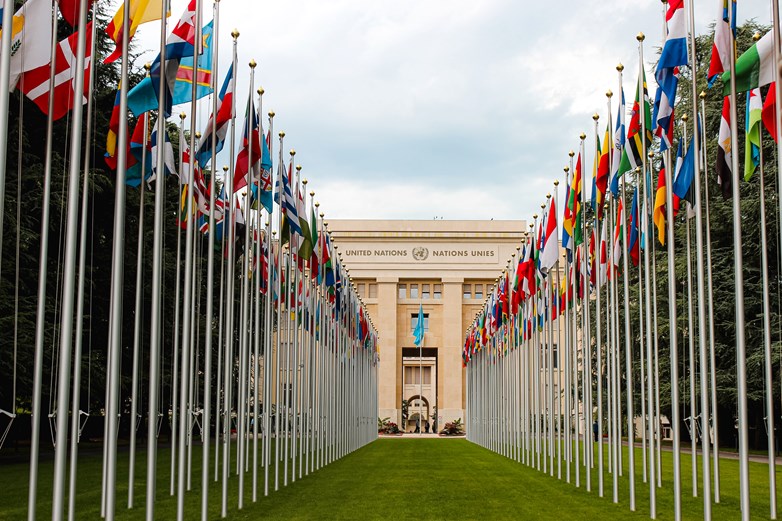Trading favors? UN Security Council membership and subnational favoritism in aid recipients
This Misum Academic Insight is based on the research article "Trading Favors? UN Security Council Membership and Subnational Favoritism in Aid Recipients" which will be published in The Review of International Organizations in 2022.
Temporary membership in the United Nations Security Council (UNSC) presents an opportunity for smaller countries to play an amplified, if temporary, role in global geopolitics. Being a member also carries certain benefits, from increased bilateral foreign aid, a form of financial support directly under the control of aid giving governments and multilateral aid from some institutions, such as the World Bank and the IMF.
By tracking the regional allocation of World Bank aid projects, and matching it to temporary UNSC membership, the researchers analyzed what happened to total inflows during membership years. They ask, does the global strategic “salience” of a recipient government increase subnational biases in multilateral aid allocation?
Read the Misum Academic Insight here.
Authors
Research Affiliate in the Human Capital and Sustainable Development Research Platform and Assistant Professor in the Stockholm Institute of Transition Economics
Research Affiliate in the Human Capital and Sustainable Development Research Platform and Associate Professor in the Stockholm Institute of Transition Economics
Raj M. Desai
Professor of International Development at the Edmund A. Walsh School of Foreign Service and in the Department of Government at Georgetown University
